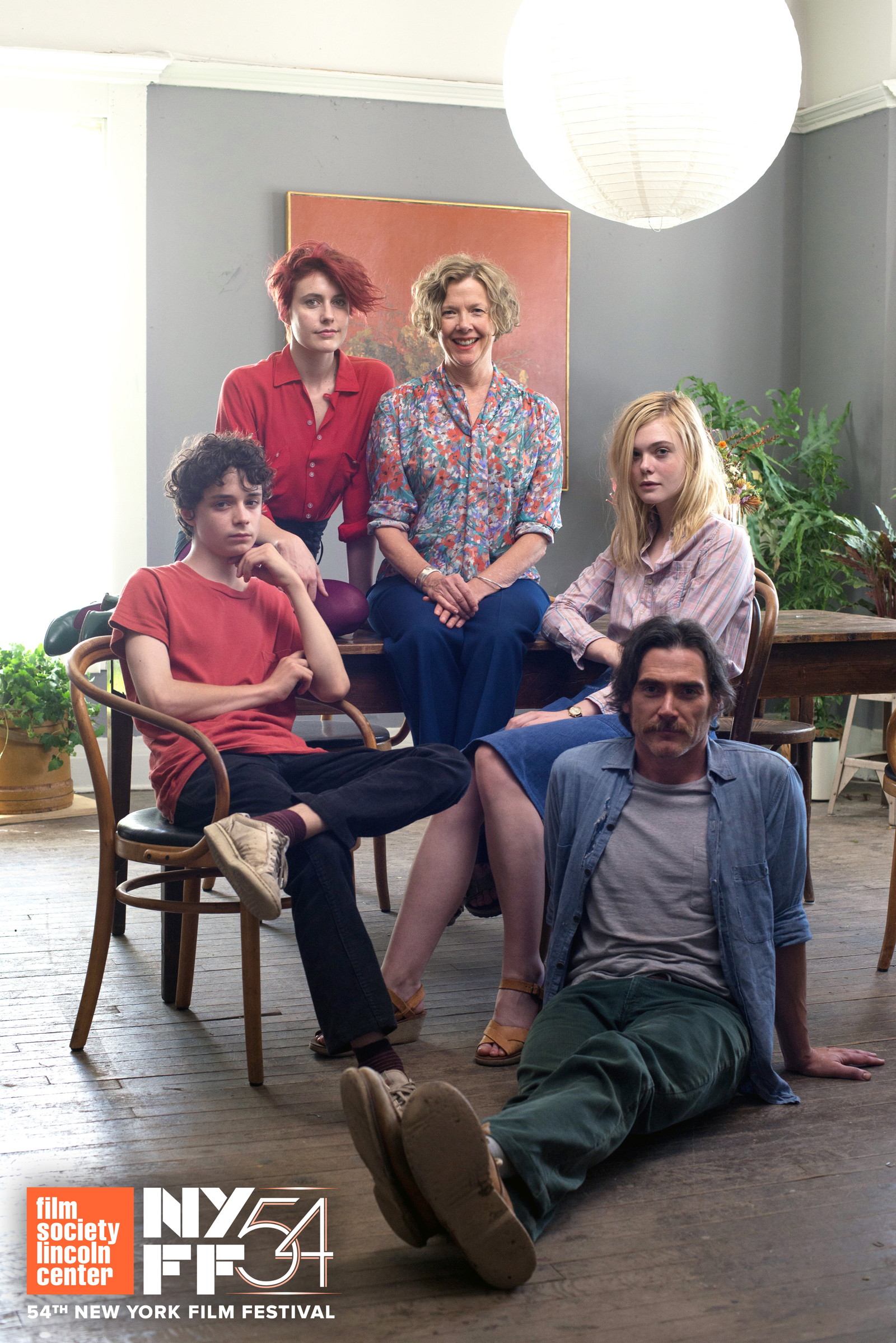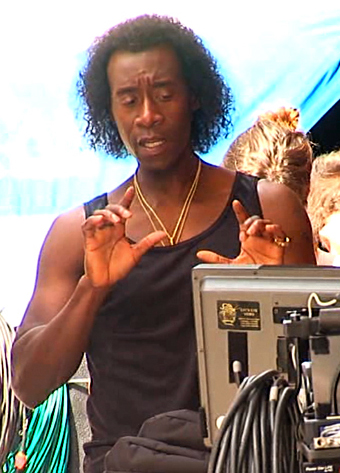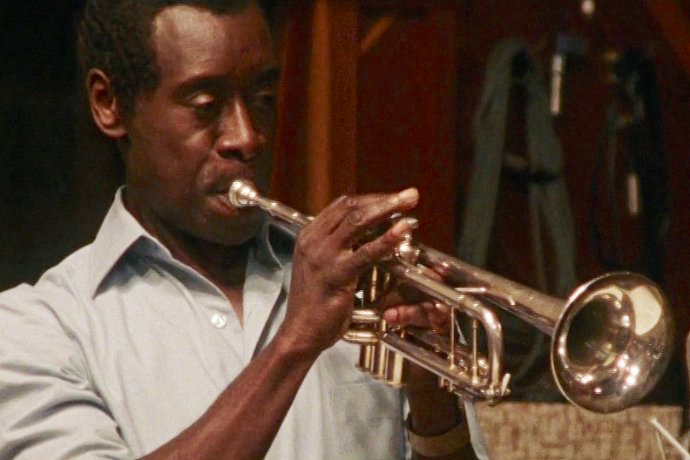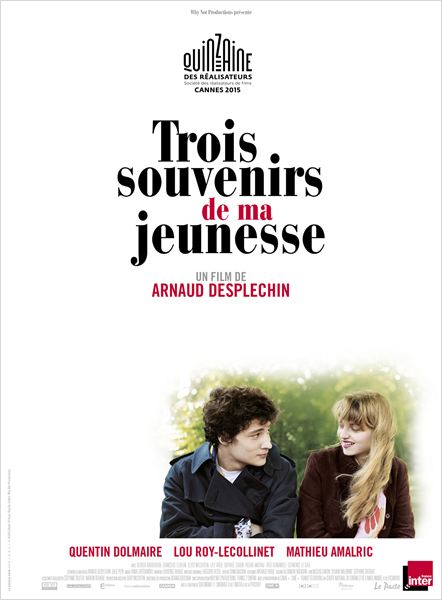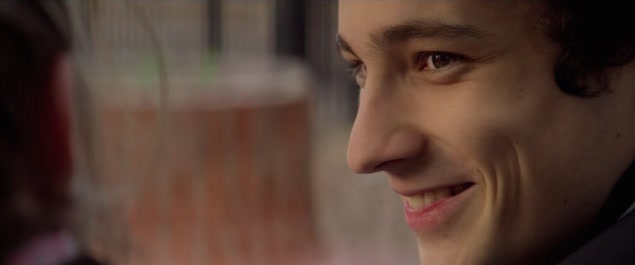
by Murtada
The Fall Film Festivals (Venice, Toronto, Telluride, New York and London) are almost upon us. Or at least the announcements of their programmes are. TIFF announces next Tuesday, Venice at the end of of July. New York announced its opening night selection this week, Ava DuVernay’s The 13th, a documentary about the high incarceration rate, particularly of African Americans, in the United States.
The title refers to the constitutional amendment abolishing slavery:
Neither slavery nor involuntary servitude, except as a punishment for crime whereof the party shall have been duly convicted, shall exist within the United States.”
The film mixes archival footage - from the civil rights movement, Ku Klux Klan to the Black Lives Matter movement - with modern day commentary to present the ramifications of the amendment and the history of racial inequality in the US. It’s an apt choice for all that’s unfolding in 2016. The 13th will be released in cinemas and on Netflix on October 7th.
 Lupita Nyongo'o and Madina Nalwanga in Queen of Katwe
Lupita Nyongo'o and Madina Nalwanga in Queen of Katwe
Meanwhile lists are also being made for what other movies will appear on the festival circuit. London will open with Amma Asante’s A United Kingdom, and Mira Nair’s Queen of Katwe will have its European premiere there, meaning it will debut somewhere on this side of the Atlantic first. Let’s speculate what else could play at New York, based on precedent that is arbitrary and will probably mean nothing in the end. But it’s fun to speculate:
• Damien Chazelle’s La La Land - this film, with the beloved trailer, will open Venice. Another Emma Stone film, Birdman, opened Venice and closed New York, it could happen again.
• Ang Lee’s Billy Lynn’s Long Halftime Walk - because Life of Pi opened NYFF in 2012.
• Martin Scorsese's Silence - remember when Hugo started its Oscar campaign with a surprise screening in New York in 2011?
• Tom Ford’s Nocturnal Animals - the rumour is that it will play in competition at Venice. Come to New York soon after, Tom. We'd like to see Amy Adams and Jake Gyllenhaal together in a movie, too.
• Kenneth Lonergan’s Manchester By the Sea - there’s always a Sundance movie that makes it to NYFF, Whiplash and Brooklyn being the last two examples.
• Robert Zemeckis’ Allied - his last two films, The Walk and Flight, both played at NYFF before opening nationwide.
That's just a few titles, we will know much more in the next few weeks. Are you planning to attend any of the fall film festivals?
 Thursday, July 28, 2016 at 9:00AM
Thursday, July 28, 2016 at 9:00AM 